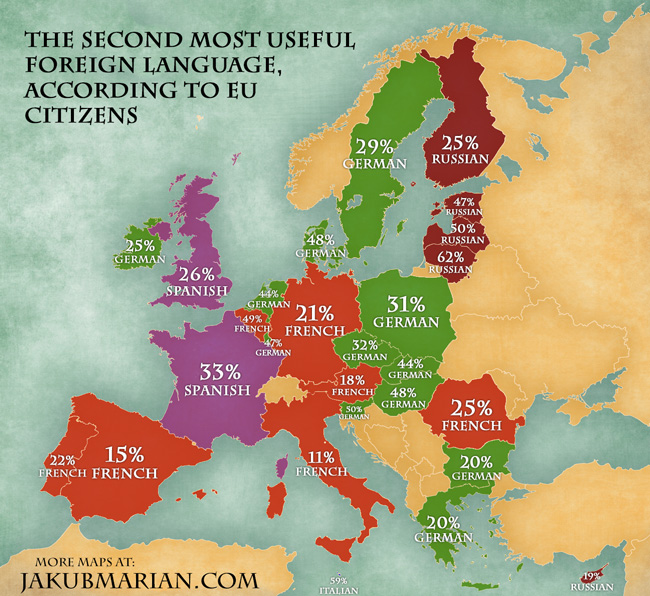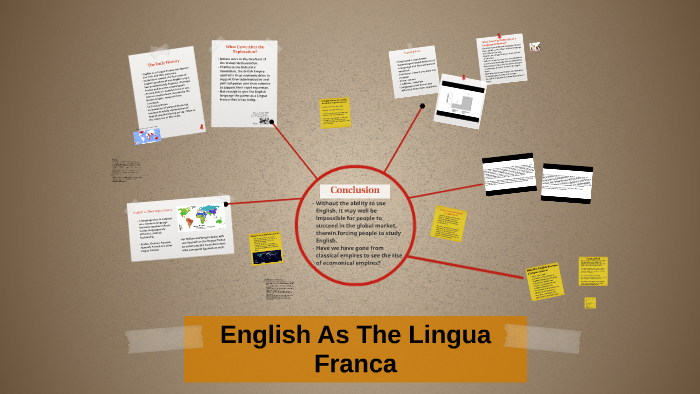English is the lingua franca common language of europe followed by french and german

English is the Lingua Franca of Europe, followed by French and German
English has become the lingua franca, or the common language, of Europe. It is widely spoken and understood by people from various European countries. This fact can be attributed to historical and practical reasons, and it is not expected to change even after Brexit.
According to a report by Quartz, English is unchallenged as the dominant language in Europe. It is estimated that around 38% of Europeans can hold a conversation in English, making it the most widely spoken second language in the continent. The dominance of English can be seen in various aspects of European society, including business, academia, and tourism.
One of the main reasons for English’s prevalence in Europe is its historical influence. The British Empire, at its peak, controlled vast territories around the world, spreading the English language to different corners of the globe. This colonial legacy has left a lasting impact on many countries, with English continuing to be taught as a mandatory subject in schools.
The practicality of English also contributes to its wide usage in Europe. It is the language of international diplomacy, business, and technology. Many global companies have headquarters or offices in English-speaking countries, and proficiency in English is often a prerequisite for job opportunities and career advancement. Additionally, English is the main language used in the European Union, further solidifying its position as the lingua franca of the continent.
Although French and German are also widely spoken in Europe, English surpasses them in terms of usage and importance. French is primarily spoken in France and some parts of Belgium, Switzerland, and Canada. German, on the other hand, is mainly spoken in Germany, Austria, and Switzerland. While these languages hold significance within their respective countries, they do not enjoy the same level of universal acceptance and usage as English.
As Europe becomes increasingly interconnected, the importance of English as a lingua franca is likely to continue growing. The European Union itself recognizes the significance of English, using it as one of its official languages alongside French and German. This multilingual approach acknowledges the diversity of Europe while accepting English’s role as the primary means of communication.
In conclusion, English has firmly established itself as the lingua franca of Europe. Its historical influence, practicality, and widespread usage make it the most widely spoken second language on the continent. While French and German also hold importance, English surpasses them as the common language of Europe. As Europe continues to evolve and integrate, the dominance of English is expected to persist, facilitating communication and understanding among its diverse nations.
Sources: qz.com
Images:


Tags
Share
Related Posts
Quick Links
Legal Stuff

